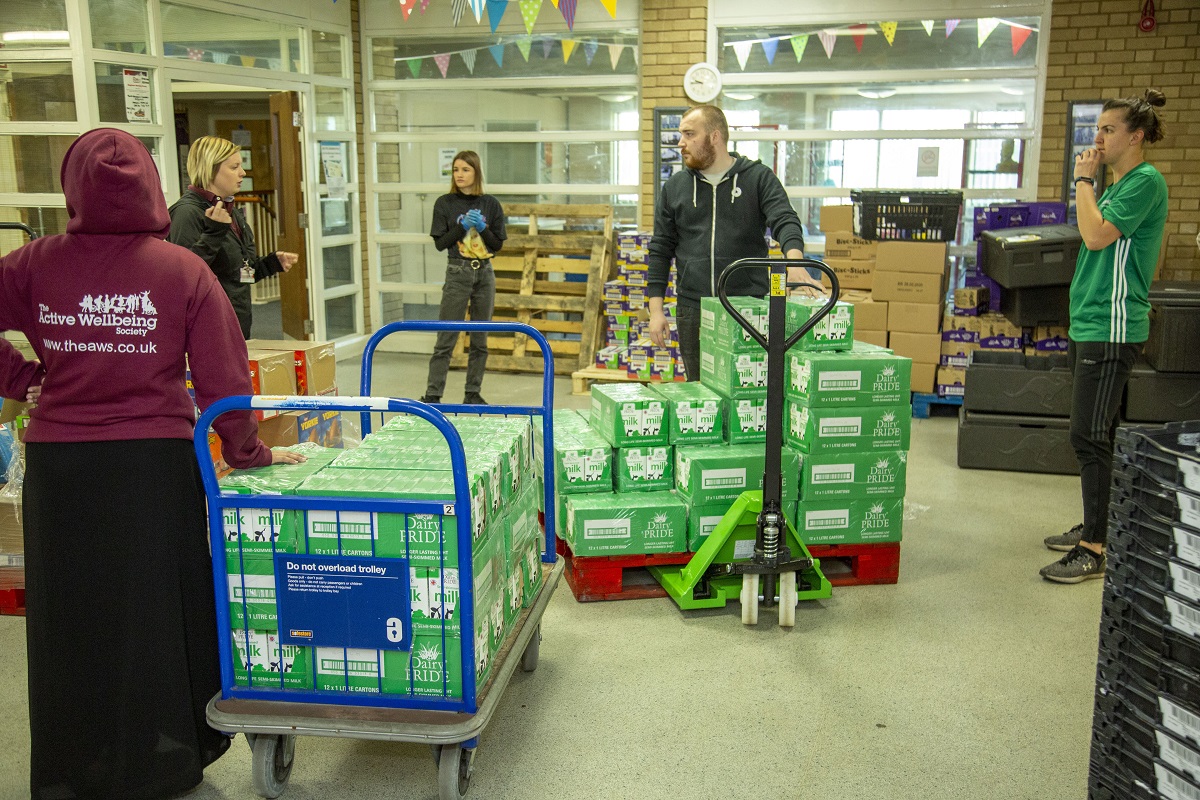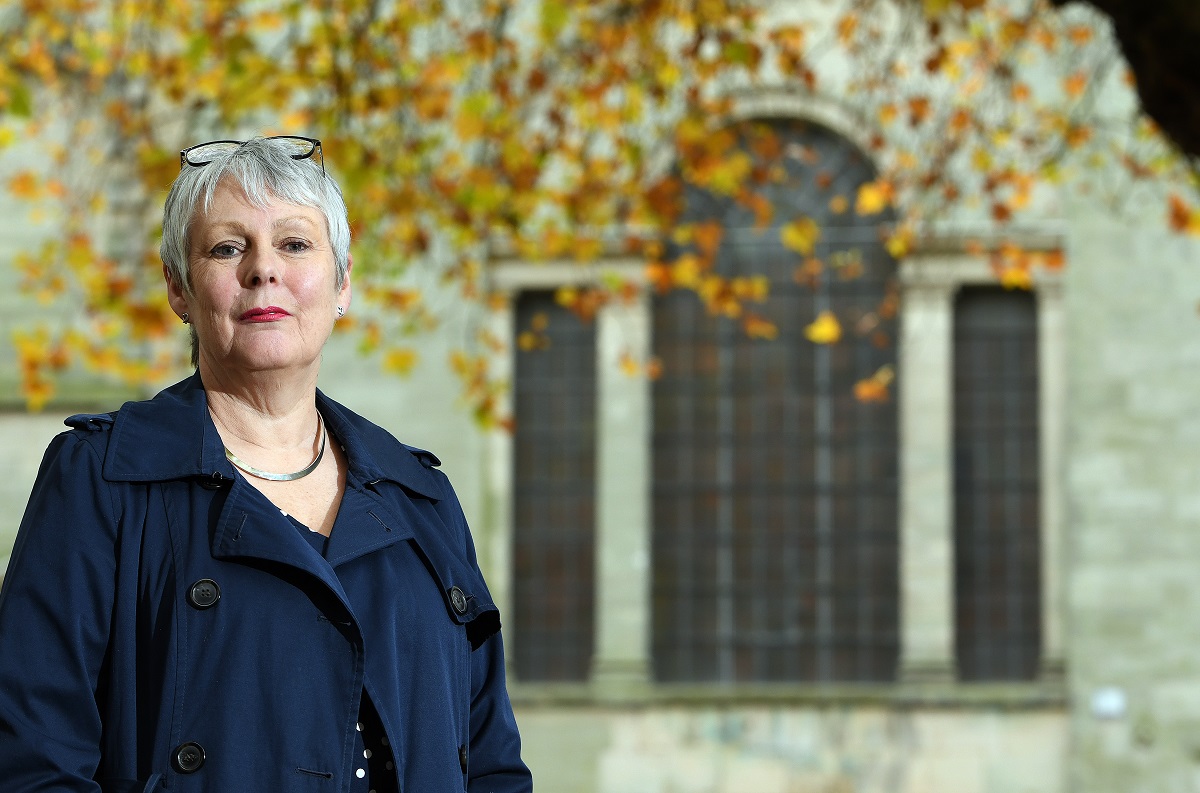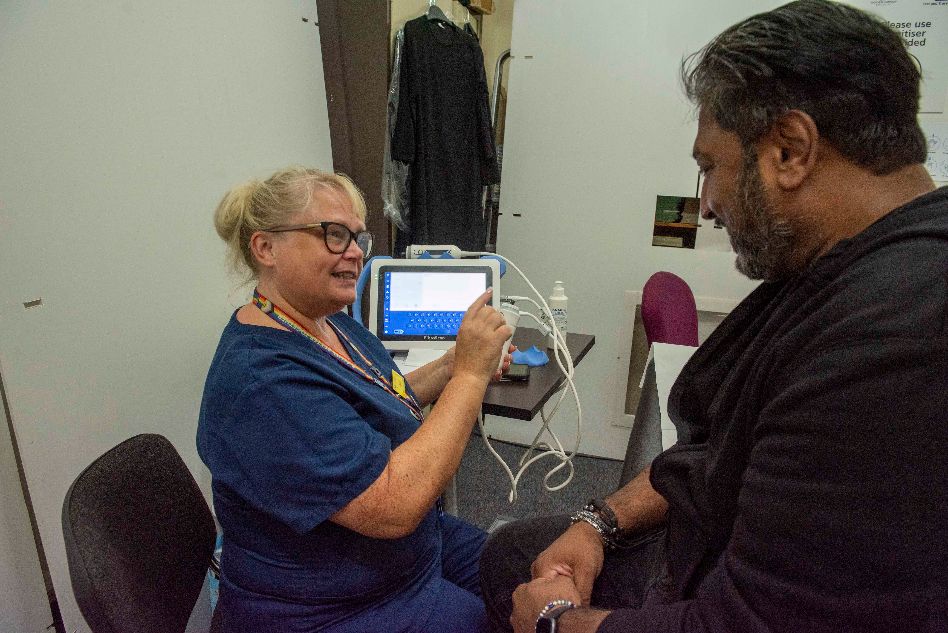Health and wellbeing charity The Active Wellbeing Society (TAWS) have been crowned Asian Business of the Year for their prompt and selfless response to helping local communities throughout the pandemic.
The charity was presented the award, sponsored by Lets Sanify, at the annual ABCC awards celebration on 18 November during an online ceremony recognising the remarkable achievements of businesses and professionals over the past 12 months. Headline sponsors were Aston University, Doug Wright (T/A McDonald’s), Inspired Energy and Lioncroft Wholesale Stores.
The Active Wellbeing Society is a community benefit society and cooperative working to build healthy, happy communities living active and connected lives. The not-for-profit organisation play a pivotal role in connecting the voluntary and community sector, including hundreds of grassroots groups and organisations, with the system – working with GPs, adult social care, public health and the NHS, to ensure that communities are supported to meet their needs.
Pre-Covid, TAWS’ service delivery focused on bringing people together. They worked with communities in parks, on streets and in health centres, to deliver wellbeing interventions and activities building up trust in some of Birmingham’s most vulnerable communities.
Over the last two years, TAWS has shown up and pitched in –navigating a period of crisis and uncertainty with bravery and integrity. When lockdown restrictions were announced, they changed their delivery overnight and began working with partners across Birmingham to coordinate a citywide emergency response.
As supermarket shelves emptied and many services shut their doors, TAWS was there to help people access the support they needed. Working with partners from across the city – including faith groups, mutual aid groups and community organisations – TAWS were part of a network of volunteers providing emergency food parcels to those in need and set up distribution hubs across the city.
Their campaign #BrumTogether provided 200,000 emergency food parcels, 50,000 community meals, 6,000 tonnes of clothing, to 2,300 people, 15,000 phone calls, supporting 5,500 people, and 1,203 virtual wellbeing sessions. They demonstrated a new way of working collaboratively and at pace to respond to need, showing the system how it needed to behave.
Their work has not only met the immediate day-to-day needs of people they support, but also has created a partnership of over 200 organisations to work together now and in the future. The organisation’s work in Birmingham has been recognised nationally, and across Europe, as best practice in system leadership and wellbeing.
Anjum Khan, director of the ABCC, said: “I would like to extend a huge congratulations to everyone at The Active Wellbeing Society on being awarded the overall ABCC Business of the Year Award 2021.
“TAWS are highly deserving of this award for their incredible contribution to our community and their seamless response to the pandemic. Their willingness to support our city’s most vulnerable individuals displays just how efficient and dedicated they are to actively making a difference.
“They should be very proud of all they have achieved.” Other category winners included:
Outstanding Business Resilience in COVID19 - Sponsored by Squire Patton Boggs
MotorServ UK Solihull
Outstanding Charity of the Year - Sponsored by Learner Engagement Training Services
The Active Wellbeing Society
Outstanding Contribution to Diversity and Inclusion - Sponsored by Edgbaston Stadium
Shelforce
Outstanding Customer Service of the Year - Sponsored by The HR Dept (Birmingham NE & SW)
MotorServ UK Solihull
Outstanding Entrepreneur of the Year - Sponsored by Burton & South Derbyshire College
Voilo Limited
Outstanding Financial Services of the Year - Sponsored by SME Outsourcing
Central Business Finance
Outstanding Start-Up Business of the Year - Sponsored by Awan Marketing Plc
The Leadership Coaches
Outstanding Young Achiever of the Year - Sponsored by South & City College Birmingham
Yung Lau, Jacobs UK Ltd


























